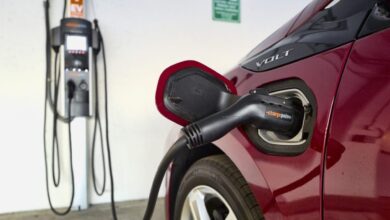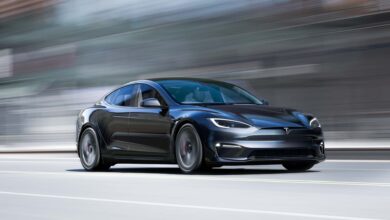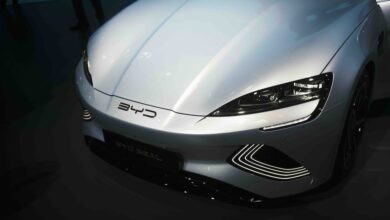Stellantis And Mercedes-Benz Press Pause On Two EV Battery Gigafactories
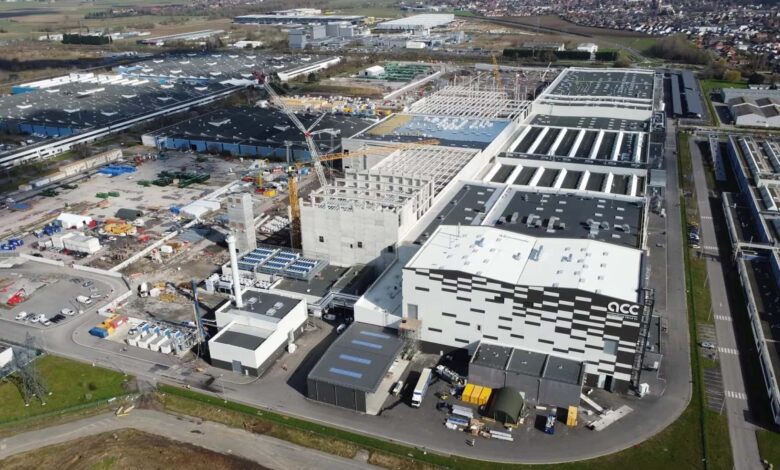
The Automotive Cells Company joint venture pledged to invest as much as $7.6B in three factories. Just one has been built so far.
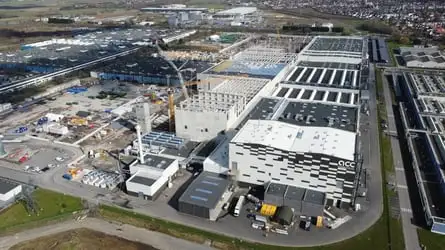
Jun 5, 2024 at 11:00am ET
Automotive Cells Company (ACC), a joint venture between Stellantis, Mercedes-Benz, and TotalEnergies, halted work on two electric vehicle battery gigafactories in Europe, citing a slowdown in EV sales growth.
The European joint venture had planned three battery factories in the European Union with a total investment of roughly $7.6 billion by 2030: one in Kaiserslautern, Germany, one in Termoli, Italy, and one in Douvrin, France. The latter went online last year, but the other two are now in limbo as ACC is trying to figure out how to proceed during a time when the projections of some EV makers were a bit too optimistic.
EV growth slowdown isn’t an industry-wide problem
Even though alarmist headlines might paint a grim picture of the current state of EV sales, the fact is that very few manufacturers are seeing their numbers go down, the biggest of which is Tesla.
“We are going to adjust our investment plan to the scheme at which Europe is going to adopt EVs,” Stellantis CEO Carlos Tavares said to reporters in Italy yesterday, according to Bloomberg. “If the European market shifts to EVs faster than the plan, we will invest faster. If the European market shift is slower, then we will invest slower.”
ACC Chief Executive Officer Yann Vincent said that demand for EVs has slowed in Europe, with growth expected only in mass market segments. As a result, the German battery gigafactory might end up making lithium iron phosphate (LFP) cells, which are cheaper than nickel manganese cobalt (NMC) batteries, but they’re also less energy-dense. The company said it needed to research and develop these lower-cost batteries to supply cheaper EVs.
However, the future of the former Opel factory in Kaiserslautern will be decided in late 2024 or early 2025, when ACC will confirm its industrial and construction timeline, according to Automotive News. Meanwhile, plans for the plant in Termoli, Italy, which previously manufactured engines and transmissions, haven’t been announced yet.
Each of the three factories was supposed to have an output of 40 gigawatt-hours per year, enough to power roughly 600,000 cars. Now, with two factories temporarily out of the picture and the France facility having a capacity of only 13 GWh/year, the future looks a bit grim in terms of output.
Meanwhile, Mercedes-Benz, which holds a 30% stake in ACC, said in a statement that it remains committed to the joint venture and that its electrification plans remain unchanged. Stellantis has a 45% stake, while Saft, a subsidiary of TotalEnergies, owns 25% of the company.
Read more
